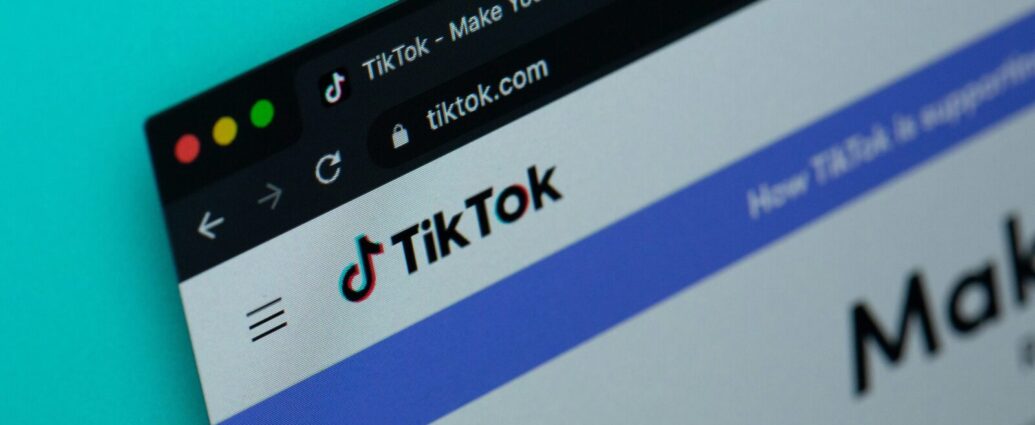Sarah Moran
The US House of Representatives has passed a bill that would require TikTok’s parent company ByteDance to sell the social media platform or face a total ban in the US.
The bill passed with landslide bipartisan support on Wednesday 13th March, with 352 votes in favour and just 65 against.
The legislation will now move to the Senate where the outcome is difficult to predict, with Senator and Democratic leader Chuck Schumer not yet committed to bringing the issue up for a vote.
According to a joint report from TikTok and Oxford Economics, the app boasts 170 million users in the US, 7 million of which rely on the platform to promote a small to midsize business.
Why Would the US Ban TikTok?
The bill is the latest development between the US and China, who have a frosty relationship when it comes to technology control, with US lawmakers expressing concerns that TikTok’s Chinese ownership poses a national security risk.
They fear the app could be used to take advantage of American data, run disinformation campaigns on the app, or censor content that critiques the Chinese government.
White House national security communications adviser, John Kirby, told ABC News that a ban is not what lawmakers want. They would rather a separation of TikTok from its parent company.
He said: “We want to see divestiture from this Chinese company because we are concerned, as every American ought to be concerned, about data security and what ByteDance and what the Chinese Communist Party can do with the information they can glean off of Americans’ use of the application.”
Although TikTok is adamant that it has not and would not share user data with the Chinese government, US concerns were heightened when news investigations found that ByteDance employees based in China had access to the non-public data of US TikTok users.
According to TikTok, their US user data is held in the US and in Singapore, with cloud infrastructure operated by American-owned company Oracle. Meanwhile, a data centre in Ireland handles EU citizen data.
TikTok has argued that concerns around user data being shared with the Chinese government are unfounded, since more than half of the company is owned by global investors like Susquehanna International Group and Carlyle Group. Of TikTok’s five board members, three are based in the US.
What Happens if the Bill Becomes Law?
The bill states ByteDance would have 165 days to sell TikTok to a buyer that satisfies the US government. If ByteDance does not or cannot sell TikTok – which it stated may not be possible to do in just six months – app stores like Google Play and Apple would be legally barred from distributing TikTok.
House Representative Mike Gallagher, the Republican chair of the House Select China committee, says the bill does not constitute a ban.
At a press conference last Wednesday, Gallagher said: “It is not a ban – think of this as a surgery designed to remove the tumor and thereby save the patient in the process.”
Given TikTok’s enormous user base, ByteDance’s options for buyers are slim. Among the companies who may be able to afford it are Google, Microsoft, and Meta, but the Biden administration has attempted to curtail the growth of these tech giants.
What Would A Ban Look Like?
First, the bill must get past a Senate vote before it is brought in front of President Biden, who has told reporters he would sign it, despite his campaign joining the app last month. It is unclear yet when that vote will take place, but TikTok CEO Shou Zi Chew visited Washington last week, a source told Reuters.
If the bill passes and is signed into law, app stores would be penalised for making TikTok available for download. However, the app cannot be forcibly uninstalled for the millions of US TikTok users who already have TikTok on their phones.
Restrictions on updates would mean the app would begin to deteriorate over time. But unless the US government restructures their internet to make content restrictions easier, the app would not disappear overnight.
Read Next:
-
Is TikTok’s ‘Girlification’ problematic?
-
‘Pick-Me Girls’: The misogyny behind this notorious TikTok trend
-
The ‘TikTokification’ of the next generation
Featured image courtesy of Solen Feyissa on Unsplash. No changes made to this image. Image license found here.

